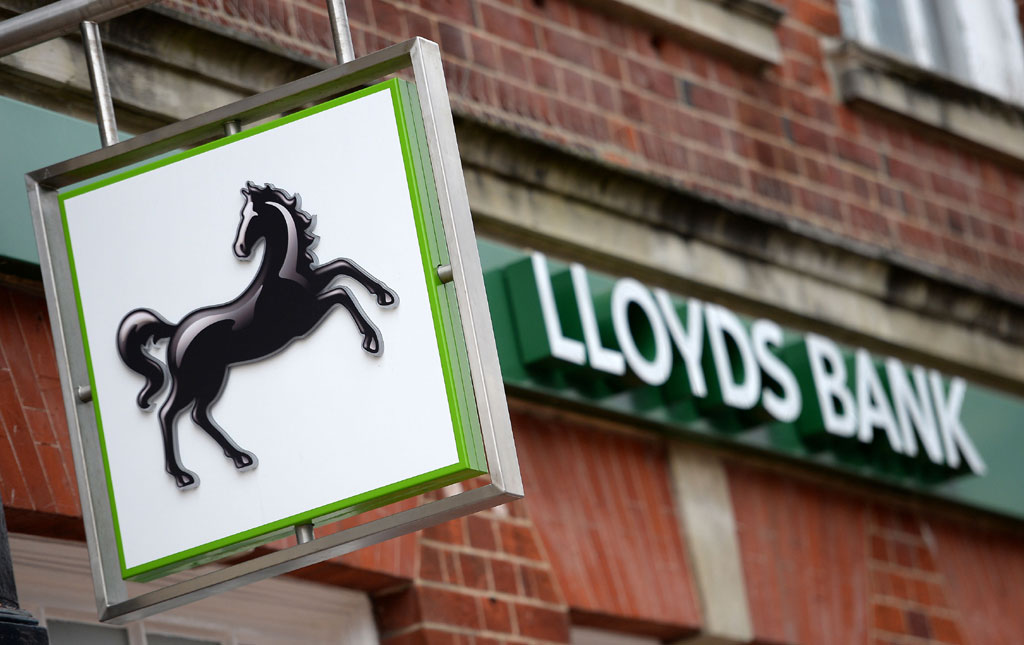 Britain's Lloyds Banking Group dived into the red in the third quarter after setting aside more cash to compensate customers mis-sold the controversial insurance product PPI, it said Thursday. The UK high-street giant, which received a vast bailout during the global financial crisis, said in a results statement that it made a loss after taxation of £238 million ($307 million, 276 million euros) in the three months to September.
Britain's Lloyds Banking Group dived into the red in the third quarter after setting aside more cash to compensate customers mis-sold the controversial insurance product PPI, it said Thursday. The UK high-street giant, which received a vast bailout during the global financial crisis, said in a results statement that it made a loss after taxation of £238 million ($307 million, 276 million euros) in the three months to September.
That contrasted with net profit of about £1.4 billion in the same period a year earlier. The lender revealed that it took another £1.8 billion hit to cover last-minute claims regarding a UK-wide practise of mis-selling payment protection insurance (PPI) over a number of years. The news sent Lloyds shares sliding 2.4 percent to 56.23 pence in mid-morning deals on London's falling stock market.
Chief Executive Antonio Horta-Osorio said he was "disappointed" that the performance was "significantly impacted" by the extra PPI charge. Most major British banks faced a rush of in compensation claims ahead of the deadline to seek compensation two months ago. Lloyds was by far the worst affected British bank in the crisis - and the latest provisions take its total bill to more than £22 billion.
That is almost half the sector's total, which stands at in excess of £50 billion. While PPI was intended to cover missed payments, for example if a customer lost their job or became ill, in many cases they were unaware it had been added to a product, while others would never have been able to make claims under the policies.




















Comments
Comments are closed.